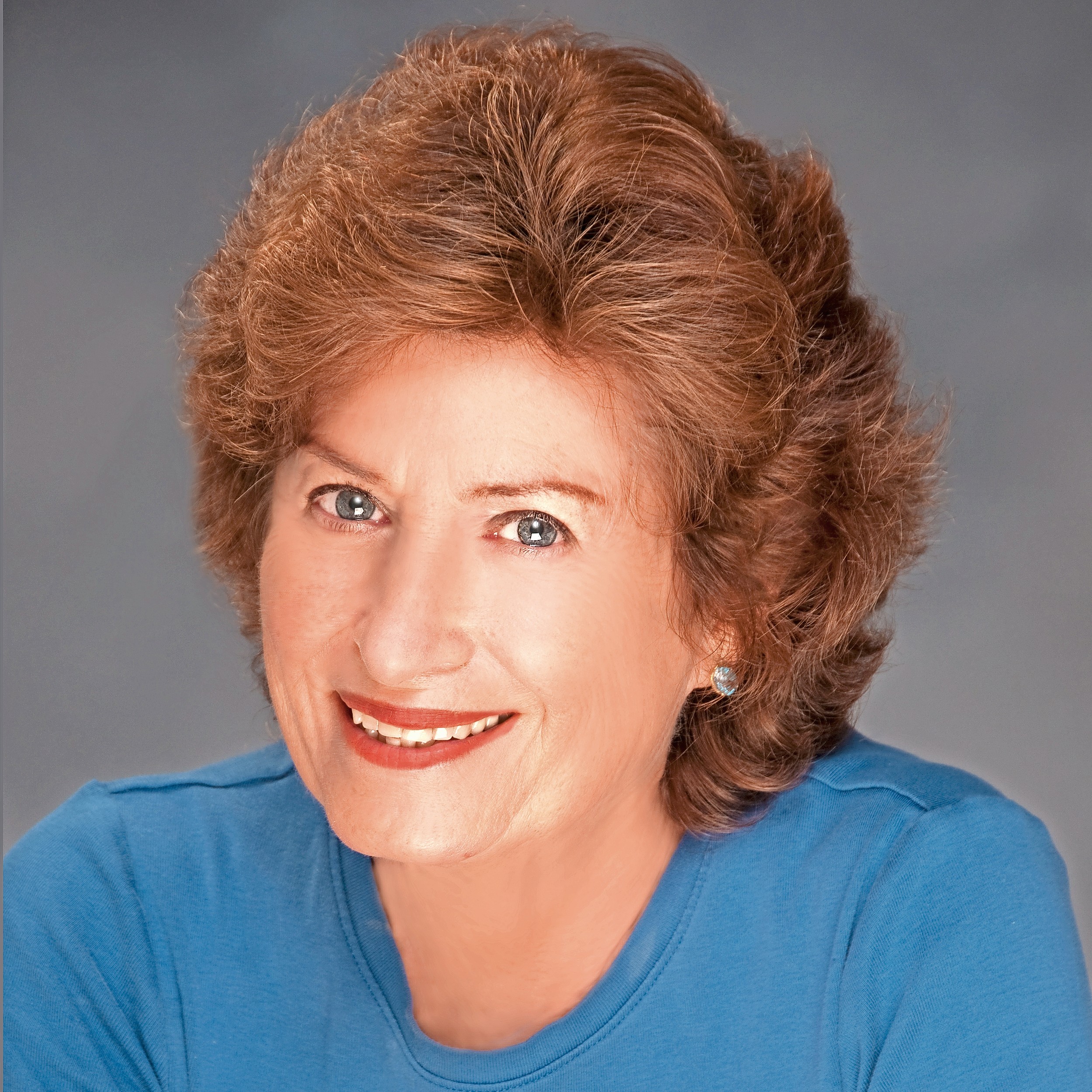The things we carry: an unexpected journey
Turns out, even your genes are in your travel jeans.
Last week I mentioned that I was writing from Truckee, Calif., where we rented a house for a month up in the Sierra Nevada mountains, near our daughter’s home. When we made our plan a year ago, the idea was to enjoy living their life for a brief time, without the pressure of a “family visit,” which never seems long enough.
Then, fate threw a foul ball. My daughter called us in late May to say she had tested positive for a variant in the BRCA1 gene. It was a completely serendipitous discovery, made through 23andMe, the online genetics company. She had submitted a saliva sample through the mail as a kind of lark.
What came back was a life-changing report indicating that she has a genetic variant that increases her chances of getting breast cancer by up to 85 percent and ovarian cancer by up to 50 percent. She’s 44. The test results were confirmed by a genetics laboratory in consultation with a geneticist who specializes in breast disease.
My daughter is a doctor, and she knows the score. Her choices are: do nothing; do rigorous monitoring of her breasts and ovaries with mammograms, MRIs and scans; or undergo extensive prophylactic surgery. She chose the surgery, which is, for her, the best of the worst choices. She did not want to live the rest of her life taking tests and waiting to detect a cancer that might get ahead of anyone’s ability to treat it.
My daughter and I strongly believe that every Ashkenazi Jewish woman and man should be offered the test. Some may choose not to know, because the choices available for a carrier of the mutation are painful, no matter what one decides.
As I said, 23andMe and all the other popular online genetics companies are just the first step. Their findings must be confirmed by a second certified genetics laboratory. This is a gene mutation that one inherits from his or her mother or father. If either parent has it, there is a 50-50 chance a child will get it.
The BRCA1 gene mutation also confers an increased risk of pancreatic cancer, but the level of risk is unclear. Men who carry the mutation also have an increased chance of getting breast and/or pancreatic and/or prostate cancer, but the risk isn’t as great as it is for women.
According to a geneticist I spoke with at NYU, the field is in its infancy, and almost weekly, new mutations are discovered that have links to disease. She agreed with a thought I had that perhaps some people inherit the BRCA1 mutation and also inherit an as-yet undiscovered mutation that neutralizes its harmful effects. But that’s just a mother’s wishful thinking. My daughter has to act on the facts that we know today.
So, we began one journey when we signed the rental agreement on this house in Truckee last year, and now we’re part of another journey. My daughter’s surgery will take place at the end of this month, and continue, in stages, for two months. Once she made her decision, which was quick and sure, she began preparing for her recuperation. Her kids already have their school supplies, and we’ve done numerous runs to the big-box stores an hour away in Reno to stock up on food and household goods. She has the post-surgery supplies she’ll need.
I expect her kids will have their Halloween costumes tucked away in their closets before long.
My daughter will get all her medical care in San Francisco, which is a four-hour-plus drive. That turns out to be a big tradeoff they never expected when they chose the mountain life. Since June 1, she has made 13 round-trips for consultations. Sometimes she and her husband have had to make the trip back and forth in one day because of work or child care responsibilities.
She and I want our respective communities, people here in Truckee and the Herald readership, to know what there is to know about BRCA1 mutations and the attendant risks. The stakes are high: the breast cancer frequently associated with this mutation is “triple negative,” which is difficult to treat.
For us, the initial disbelief morphed slowly into acceptance and then determination. We’re trying very hard to carry on and enjoy our days down at the river and out on the trails. My daughter is making it easier by setting a brilliant example, demonstrating grace under pressure, the essence of courage.
Copyright 2018 Randi Kreiss. Randi can be reached at randik3@aol.com.

 39.0°,
Fair
39.0°,
Fair 




